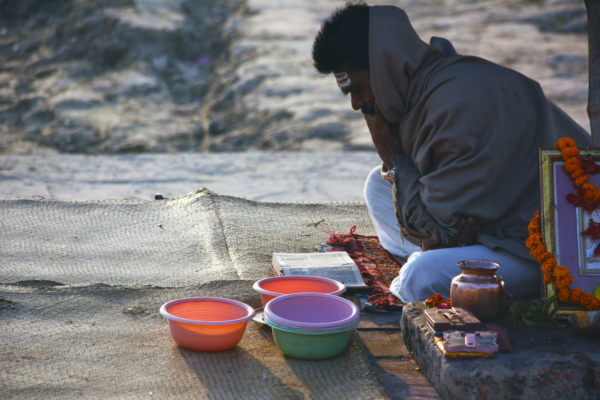 “Give yourself a gift of five minutes of contemplation in awe of everything you see around you. Go outside and turn your attention to the many miracles around you. This five-minute-a-day regimen of appreciation and gratitude will help you to focus your life in awe.”
“Give yourself a gift of five minutes of contemplation in awe of everything you see around you. Go outside and turn your attention to the many miracles around you. This five-minute-a-day regimen of appreciation and gratitude will help you to focus your life in awe.”
(Wayne Dyer)
I’m a Christian, but not the sort of Christian that believes in God. Or, am I an Atheist who believes in God? Sometimes I’m confused. Most of the time I think we worry about the wrong things. We are all told to not major in the minors, but the minors are often seductive. This is an attempt to find the major things. The unknowable is simply that: unknowable. What I do know is that it is up to us. Whether you’re a believer or not. Whether you attribute the mysteries of the universe to God or Allah or Yahweh or Jehovah or the Father or the Mother or any of 1000 other names we use. Or if you simply believe in the Awe and natural wonder of the universe without assigning a name the hands of change – are us.
Whether you are an atheist, an agnostic, a polytheist, a monotheist, or some combination of the above, I’m hoping you will accept my convention of using the word “God” to describe that which is unknowable. Now, some theists will say that God is knowable, but I argue that the wonders of the universe are greater than any one person can comprehend. And that even if we amassed our collective knowledge about this concept, it would still be an inadequate representation of that thing that is God.
Whether you are a Secular Humanist or a religious person the day to day work of improving our world is up to us. If we are the hands, what are our hands to do? A review of many of the spiritual or secular traditions of the world reveals a consistent and very simple set of understandings.
[Tweet “I argue that the wonders of the universe are greater than any one person can comprehend. “]
In Christianity:
Love God and love your neighbor. (A paraphrase of Jesus Christ)
In Islam:
“No one of you is a believer until he desires for his brother that which he desires for himself.” (#13 of An-Nawawi’s Forty Hadiths)
In Judaism:
“Take no revenge and cherish no grudge against your own people. You shall love your neighbor as yourself. I am the LORD.” (Leviticus 19:18)
In Hinduism:
“Love your neighbor as yourself’” is an inherent precept of unity with the absolute self. The saying goes, ‘That art thou.’ (tat tvam asi)
In Zoroastrianism:
That nature is only good when it shall not do unto another whatever is not good for its own self. (Dadistan-i-Dinik)
In Jainism:
“A man should wander about treating all creatures as he himself would be treated.” (Sutrakritanga 1.11.33)
In Taoism:
Regard your neighbour’s gain as your own gain and your neighbour’s loss as your own loss. (T’ai Shang Kan Ying P’ien)
In Buddhism:
“…a state that is not pleasing or delightful to me, how could I inflict that upon another?”(Samyutta NIkaya v. 353)
In Confucianism:
“Do not do to others what you would not like yourself. Then there will be no resentment against you, either in the family or in the state.” (Analects 12:2)
I would say…:
Live in Awe. Live in compassion.
Simple. Not easy. Live in Awe and live in compassion is a simple thing when it comes to loving those we love, but having compassion for a person who stands for the very thing you would dedicate a lifetime to defeat? That is a challenge.
But compassion for all is how “heaven on earth” (a just and equitable society) is born. It is not up to “them” to live in Awe and compassion. It is up to me. The collective “me.” Saying, “you are not compassionate” to another has no effect. Examining me and my own motives? That can change things. Charles R. Swindoll once said “We are all faced with a series of great opportunities brilliantly disguised as impossible situations”. These challenges, these opportunities to create a just and equitable society often feel like impossible situations. They are often simple but not easy.
Simple. Not easy.
I am really skilled at finding YOUR faults. My faults tend to be more of a mystery. But refocusing on my faults instead of yours is freeing. I have no control over you, so by refocusing the control I do have over my own being, I begin to live in a place of empowerment. Small accomplishments and miserable failures alike can be seen as valuable, contributing to a plan for a better “next time.”
I’m good at the easy thing, finding your faults. My plan is to focus on the simple but not easy things. Live in Awe and live in compassion.
Image via Unsplash | This post may contain affiliate links, which means if you click and then purchase we will receive a small commission (at no additional cost to you). Thank you for reading & supporting Happy Living!

